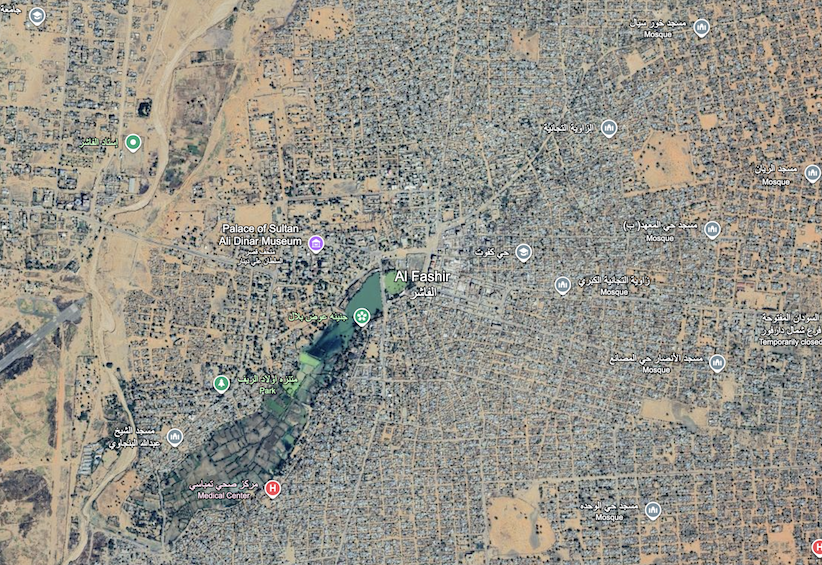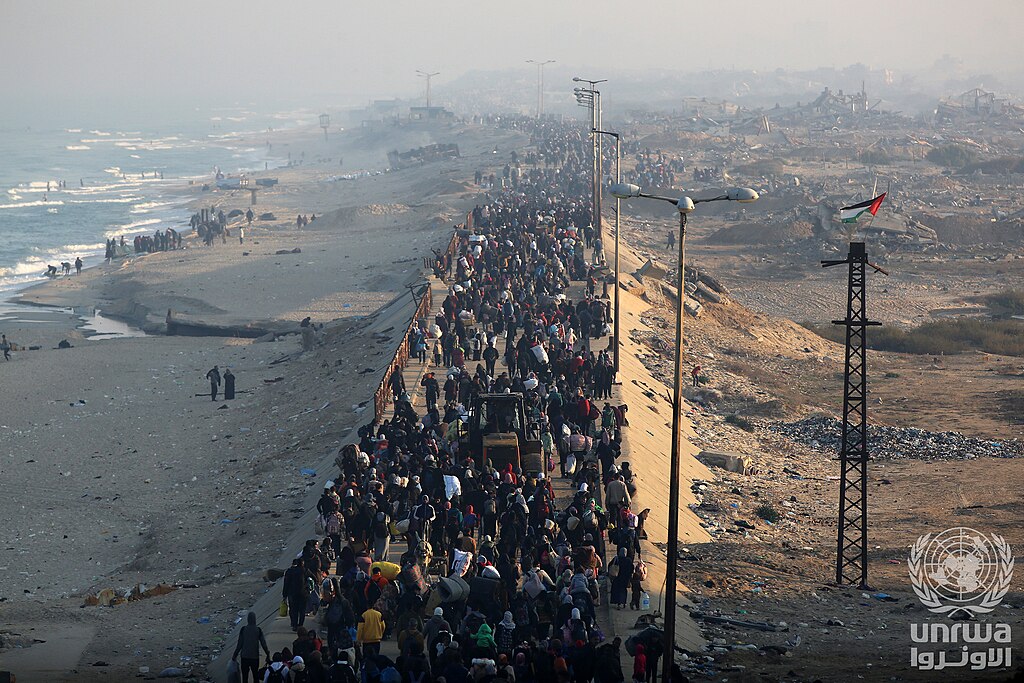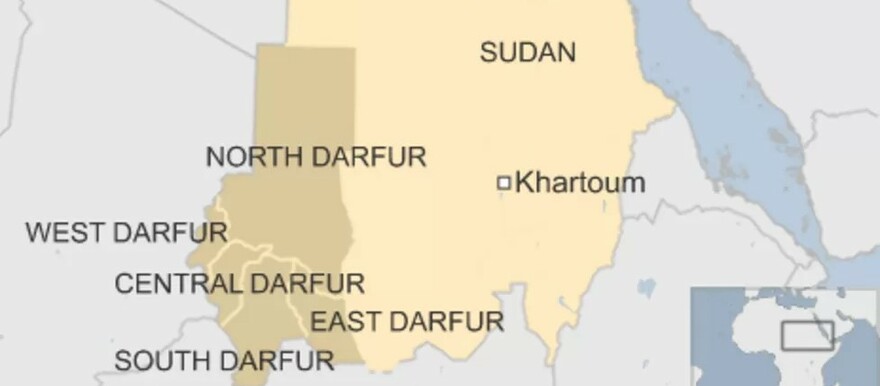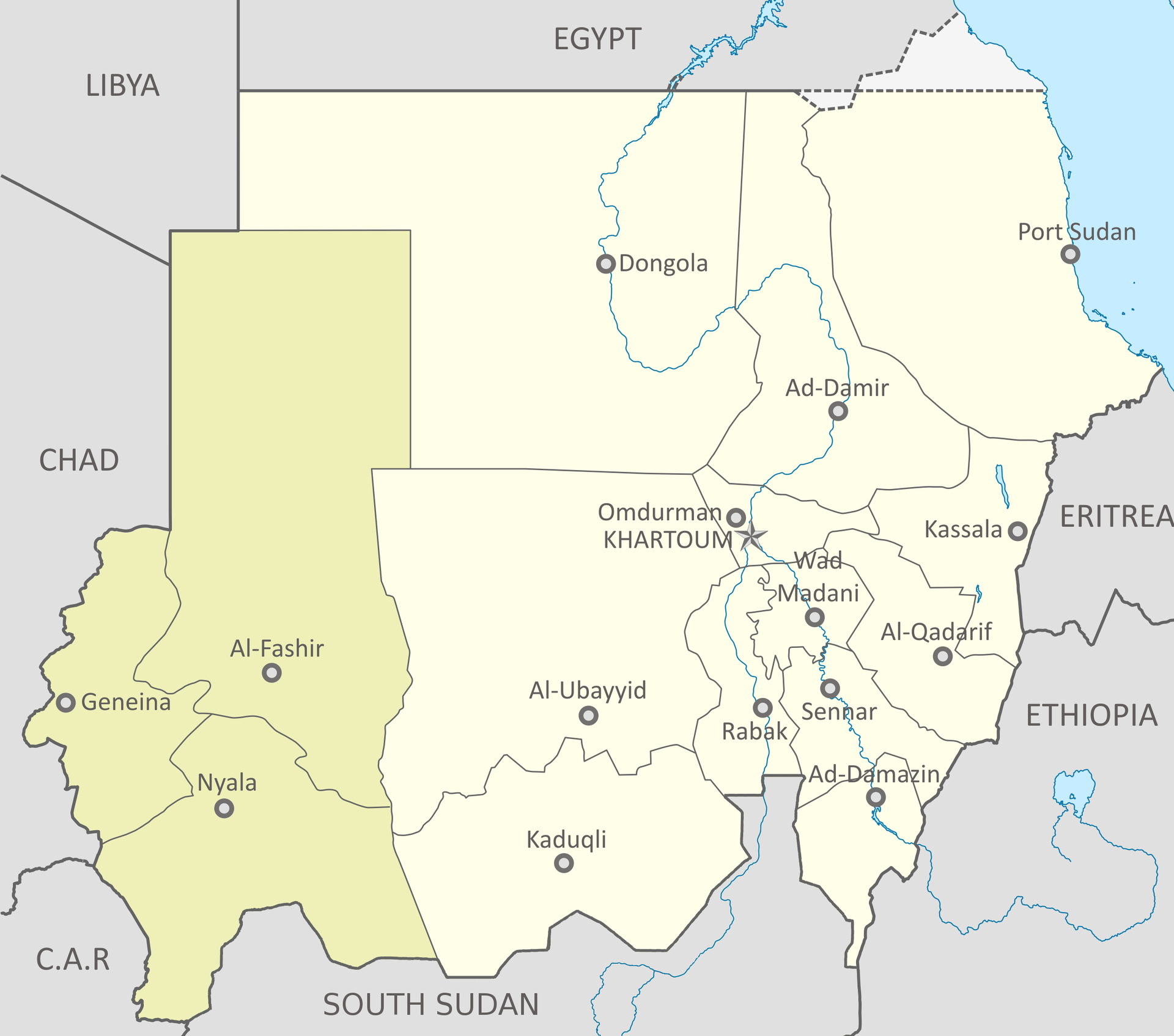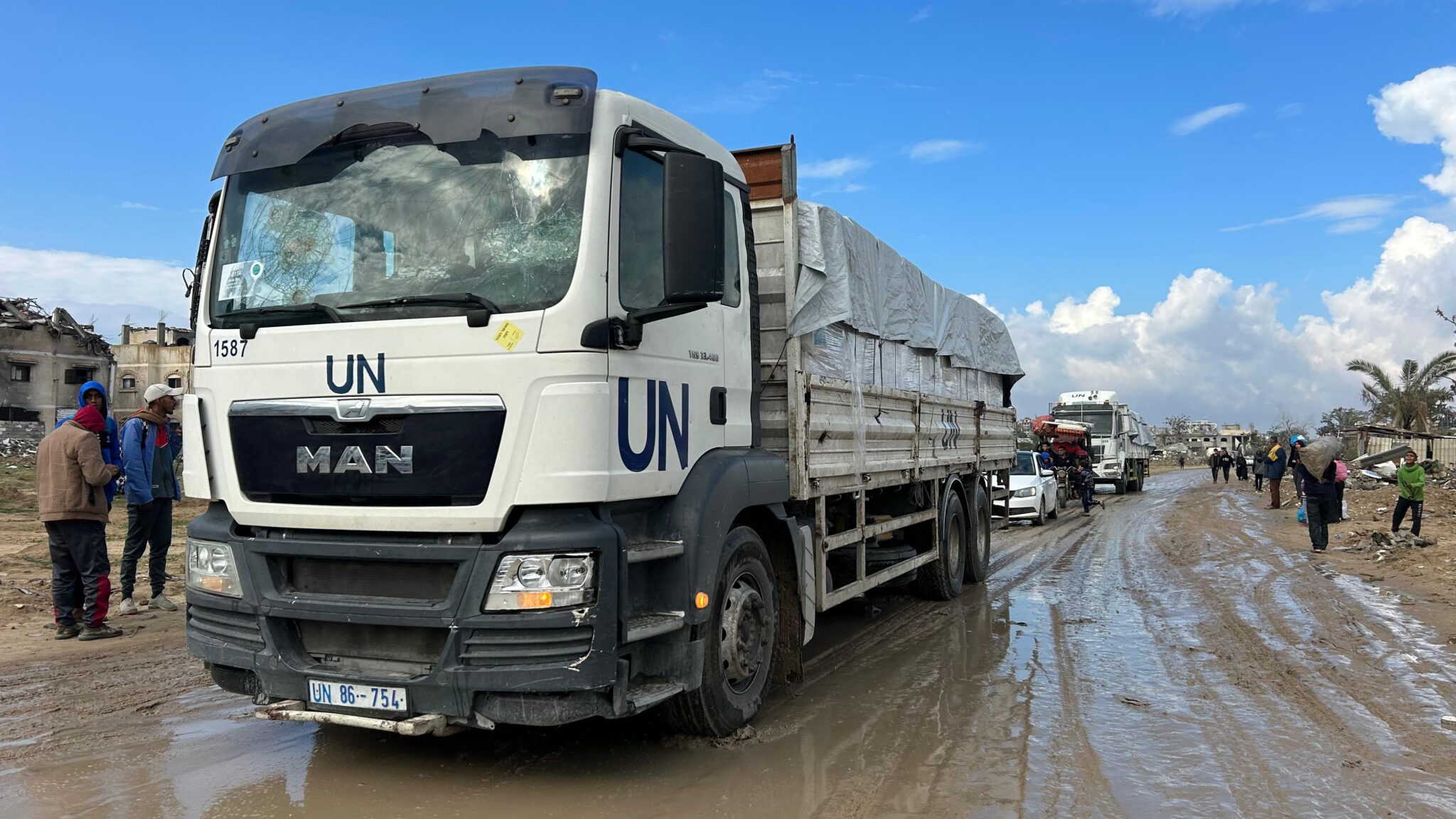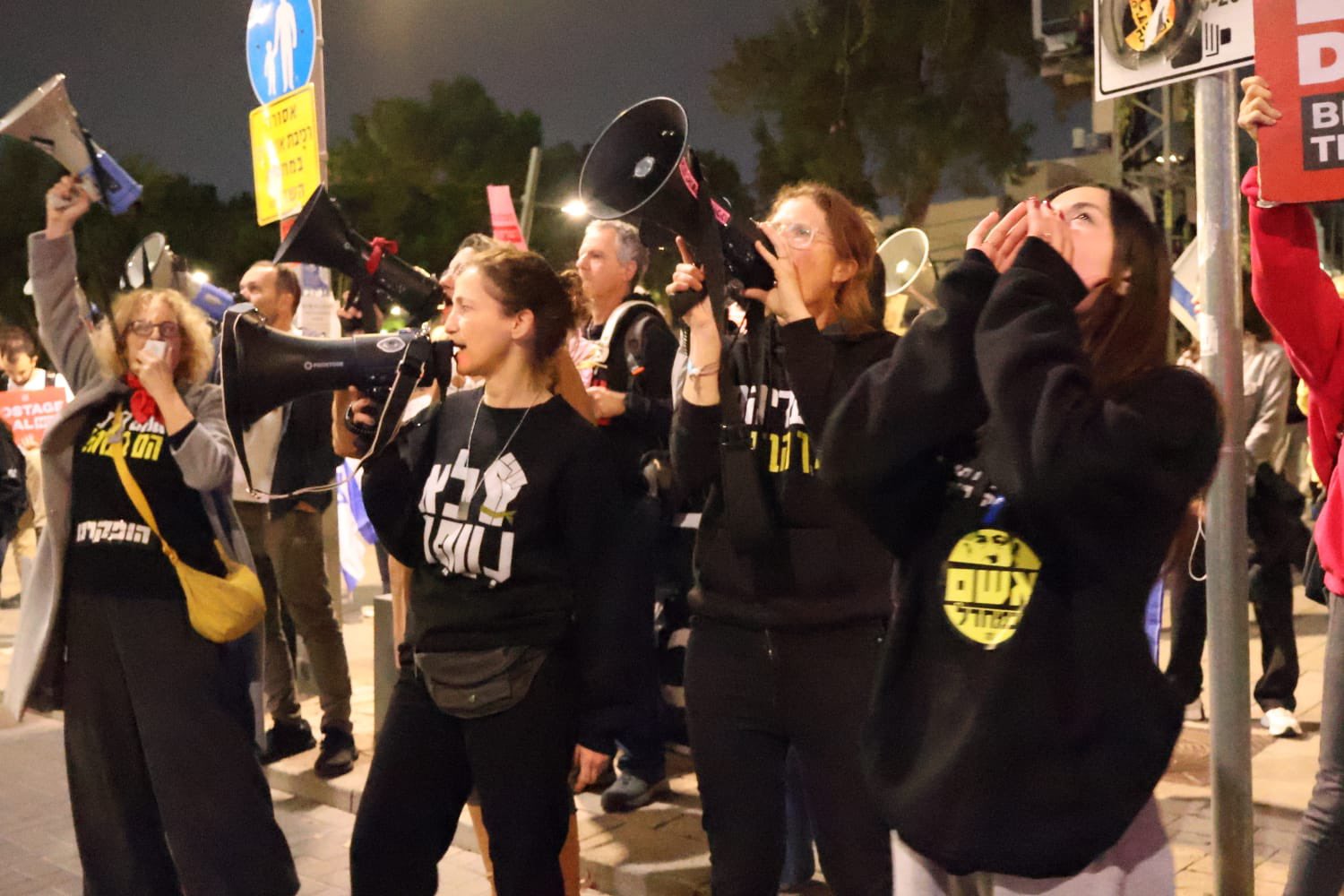
Trump’s global imperial court
When US President Donald Trump first proposed establishing a so-called “Board of Peace” to oversee governance of the Gaza Strip for a transitional period back in September, the idea was quickly likened to a form of colonial takeover. The UN nonetheless adopted a Security Council resolution in November giving its blessing to the board’s creation—a vote some member states may now regret. The board was just officially inaugurated in a ceremony in Davos, Switzerland, where Trump was attending the World Economic Forum. But Gaza seems almost incidental to its true mission, which appears to be creating a global strongmen’s club—led by Trump, potentially for life—to rival, if not replace, the UN itself. (Image via Wikipedia)




